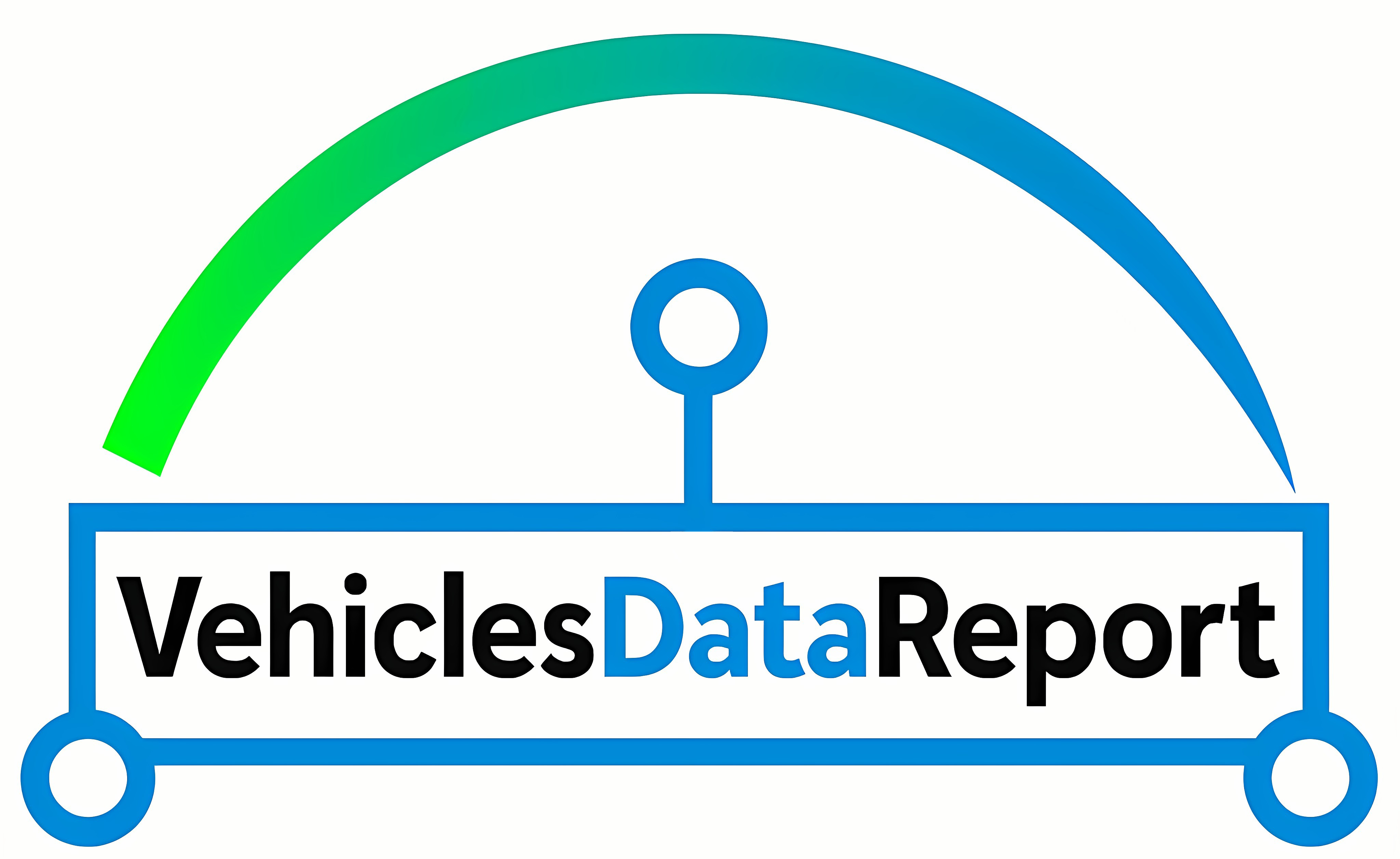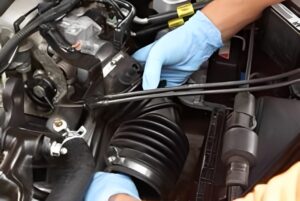Buying a used vehicle can be a great way to save money, but it also comes with risks. Without proper research, you might end up with a car that has hidden issues, such as previous accidents, unpaid loans, or even theft records. A VIN (Vehicle Identification Number) check helps you avoid costly mistakes by providing crucial details about a vehicle’s history. In this blog, we will discuss the importance of a VIN check and how it can protect you from making a bad investment.
What is a VIN Check?
A VIN check is a process that retrieves a vehicle’s history report using its unique 17-character VIN. This report provides details on:
- Accident and damage history
- Title status (clean, salvage, rebuilt, etc.)
- Odometer readings and rollback alerts
- Outstanding loans or liens
- Theft and recovery records
- Previous ownership and registration details
Why is a VIN Check Important?
1. Detecting Accident and Damage History
Many sellers do not disclose a vehicle’s past accidents. A VIN check reveals previous damage records, allowing you to avoid cars with structural issues or safety concerns.
2. Preventing Odometer Fraud
Odometer rollback scams are common in the used car market. A VIN check provides official odometer readings, ensuring you are not overpaying for a high-mileage vehicle.
3. Checking for Title Issues
A vehicle with a salvage or rebuilt title may have been severely damaged in the past. A VIN check shows the title history, helping you avoid vehicles with major repairs or insurance claims.
4. Avoiding Stolen Vehicles
Purchasing a stolen vehicle can lead to legal issues and financial loss. A VIN check helps you confirm whether a car has been reported as stolen.
5. Identifying Open Recalls
A VIN check shows if a vehicle has any unrepaired safety recalls, ensuring you don’t buy a car with potential defects.
Steps to Perform a VIN Check
Step 1: Locate the VIN
The VIN is typically found:
- On the driver’s side dashboard (visible through the windshield)
- Inside the driver’s side door frame
- On the engine block or vehicle registration documents
Step 2: Use a Trusted VIN Check Service
You can use reliable VIN check providers like:
- Carfax
- AutoCheck
- National Insurance Crime Bureau (NICB) – Free for theft records
Step 3: Review the Report Carefully
Analyze the report for any red flags, such as inconsistencies in mileage, multiple title changes, or reported accidents.
How a VIN Check Saves You Money
Avoid Expensive Repairs
Vehicles with hidden damage can require costly repairs. A VIN check helps you avoid cars with major mechanical or structural issues.
Prevent Fraud and Scams
By verifying the title and ownership history, a VIN check ensures you don’t fall victim to fraudulent sellers.
Get Fair Market Value
Knowing the complete history of a vehicle helps you negotiate a fair price based on its actual condition.
Final Thoughts
A VIN check is an essential step before buying any used vehicle. It provides peace of mind, protects you from financial loss, and ensures you make an informed decision. Whether you’re buying from a dealer or a private seller, always perform a VIN check to safeguard your investment.




